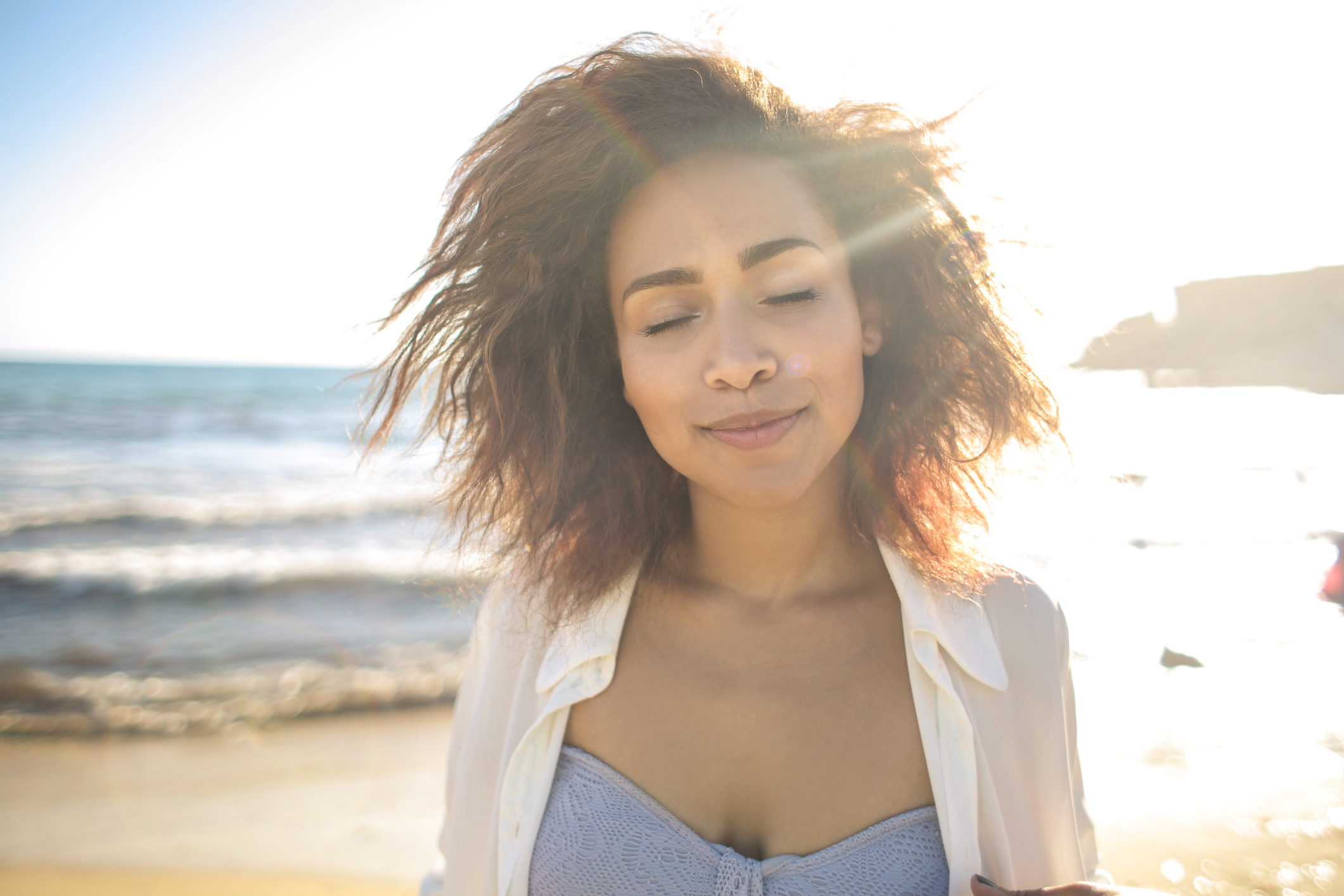

While your dermatologist will tell you to slather on sunscreen and avoid spending too much time in the sun in order to decrease your risk of skin cancer, research is stacking up that sunlight offers big benefits to your health.
In fact, past studies have shown that catching some rays could help with everything from diminishing digestive disease and shrinking fat cells to boosting your immune system to fight off viruses, like the flu.
Sunlight might even offer protection against the development of multiple sclerosis and even lengthen your life.
And there’s more good news that should have even your dermatologist sitting up and taking notice.
Research that followed more than 630 women in Puerto Rico says that sunlight might just be your best protection against a disease all women fear – breast cancer.
Greater sun exposure, less cancer risk
Previous studies have indicated that sunlight may possibly provide some breast cancer protection.
However, these studies had a flaw that kept their conclusions from carrying the weight that they should. You see, all of the studies had been conducted in places that experience seasonal variation in ultraviolet radiation.
In other words, they’d been conducted in places like Buffalo, New York where winter can mean not only cold but dark, dreary days. This time, the researchers chose Puerto Rico to fix the issue since the island has no significant seasonal fluctuation and the potential for continuous exposure to high UV radiation for women who spend time outdoors.
This allowed the researchers to hone in on the exact effects of sunlight when it comes to breast cancer.
And let’s just say they found those effects to be impressive…
The researchers used a chromameter to compare skin pigmentation in 307 women with breast cancer versus 328 cancer-free women, who served as a control group. Then they used the difference in skin pigmentation to estimate each woman’s usual amount of sun exposure.
And sure enough, the greater a woman’s sun exposure, the lower her risk of the cancer.
Sunlight’s power over cancer
“The study provided consistent results across different parameters,” said paper first author Cruz Nazario, Ph.D., an epidemiology professor at the University of Puerto Rico. “Breast cancer risk was lower for women with the highest accumulated sun exposure. Similarly, the risk was lower independent of estrogen receptor status, and it was even lower among participants with darker skin color.”
Though the researchers can’t say specifically how sunlight lowered cancer risks, they say sunlight offers multiple benefits…
“One step in the internal production of vitamin D occurs when skin is exposed to sun,” said study senior author Jo L. Freudenheim. “Sun exposure also affects the body in a number of other helpful ways, with effects on inflammation, obesity and circadian rhythms.”
Past studies have shown a strong connection between the sunshine vitamin and cancer…
- The VITAL study, a rigorous, placebo-controlled study that took place over a span of more than five years, found that vitamin D was associated with an overall 17 percent risk reduction for advanced cancer. Participants with a normal body mass index (BMI), exhibited a 38 percent risk reduction for developing advanced cancer.
- Scientists at the German Cancer Research Center (DKFZ) have used results from three meta-analyses of clinical studies to determine that if all Germans over age 50 were to take vitamin D supplements, up to 30,000 cancer deaths per year may possibly be avoided and more than 300,000 years of life gained.
- A study conducted on 2,000 women and reported in the American Journal of Clinical Nutrition claims that the more vitamin D participants had, the longer their telomeres were. This was true whether vitamin D came from the sun, dietary sources or supplements. Shorter telomeres can trigger inflammation which many scientists believe is an underlying factor in the development of cancer.
So if you live in an area with year-round sun, enjoy it — carefully. If you don’t, consider a good vitamin D supplement. Look for a supplement with D3 — the most bioavailable form of vitamin D.
Another reason to supplement? With age, the process from which sunlight exposure on skin synthesizes vitamin D works much less efficiently.
Source:
Study in Puerto Rico finds lower risk of breast cancer with more sun exposure – University of Buffalo